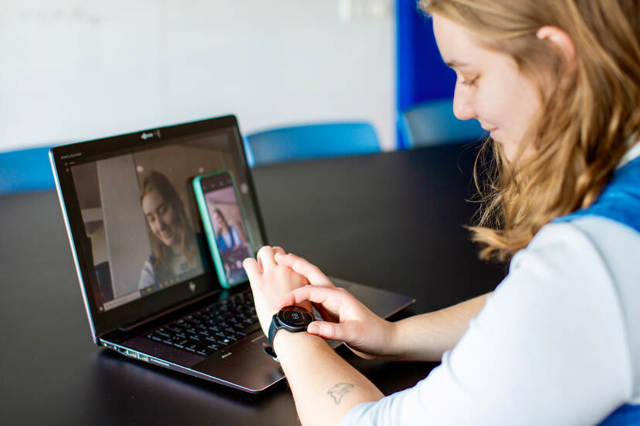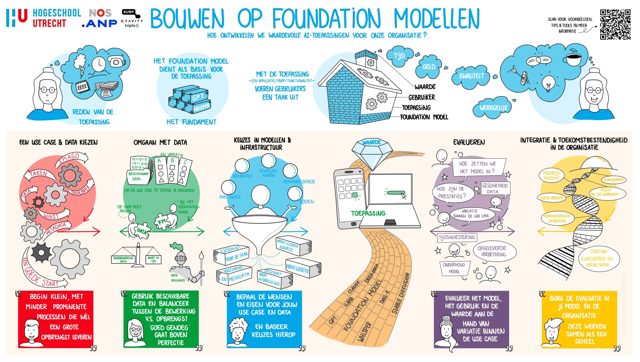< Back to news
What are you going to do? 


21 February 2024
Open PhD Position on Machine Learning for Automated Reasoning
Are you interested in working, in an interdisciplinary research setting, on topics at the intersection of logic, machine learning and automated reasoning? The Institute for Logic, Language and Computation (ILLC) is looking for a talented PhD candidate.
Your research will be part of the Theoretical Computer Science unit of the ILLC, and will concern use of machine learning for automated reasoning (such as mathematical theorem proving and/or declarative constraint-based reasoning).
What are you going to do?
You will be expected to: complete and defend a PhD thesis within the official appointment duration of four years; present research results regularly at international workshops and conferences, and to publish them in conference proceedings and journals; participate in and to contribute to the organisation of research activities and events at the Institute, such as workshops and colloquia; make a small contribution to the FNWI’s educational mission, by working as a teaching assistant for courses in your area of expertise and by assisting with the supervision of students’ research projects; Contribute to UvA’s research programme on artificial intelligence.
Read everything here.
Vergelijkbaar >
Similar news items

Heartbeat analysis helps unmask deepfakes
Researchers from NFI and UvA present an innovative method to detect deepfakes by analyzing subtle facial color changes that follow the rhythm of the heartbeat.
read more >

June 8
New AI model ‘Aurora’ promises breakthrough in disaster forecasting
An international research team including UvA scientists has introduced Aurora, a powerful AI model that dramatically improves forecasting for air quality, ocean waves, and extreme weather events.
read more >

May 29
Building responsibly on foundation models: practical guide by Utrecht University of Applied Sciences and RAAIT
Researchers from RAAIT have published a practical guide for organisations aiming to develop AI applications using foundation models. The guide supports responsible decision-making.
read more >